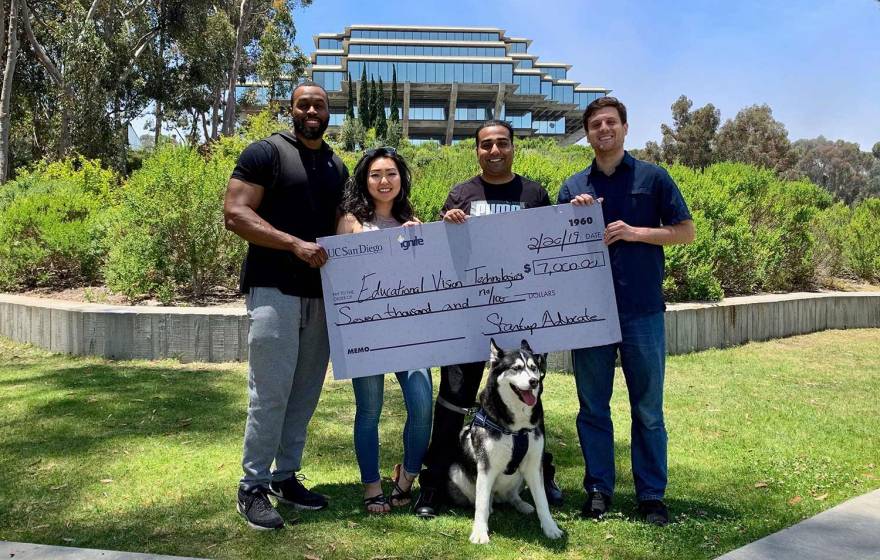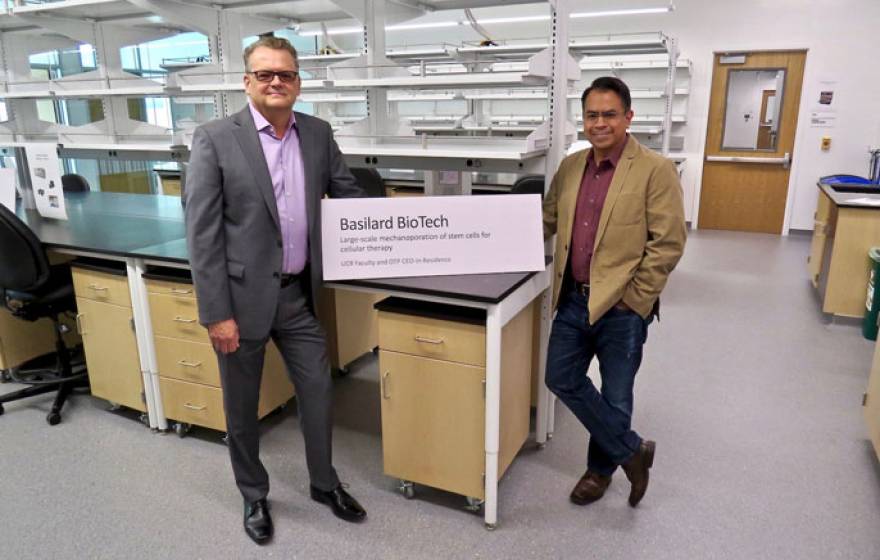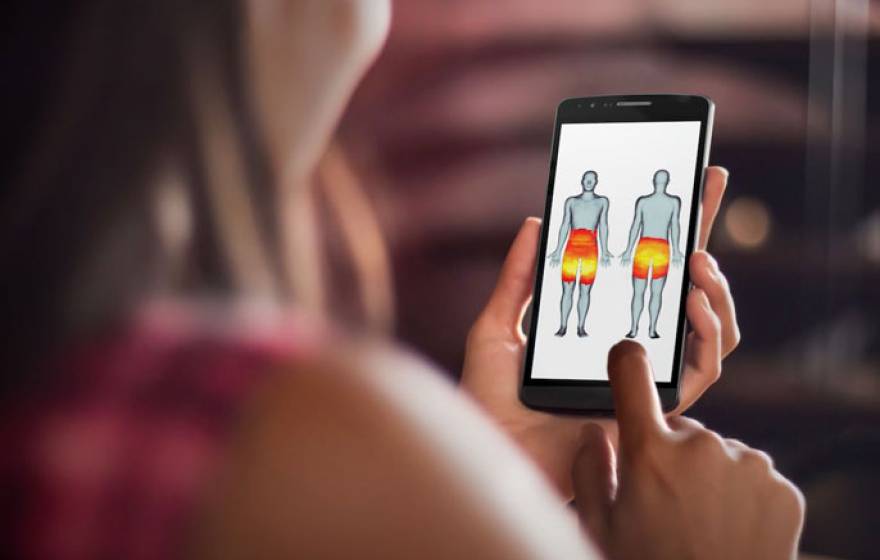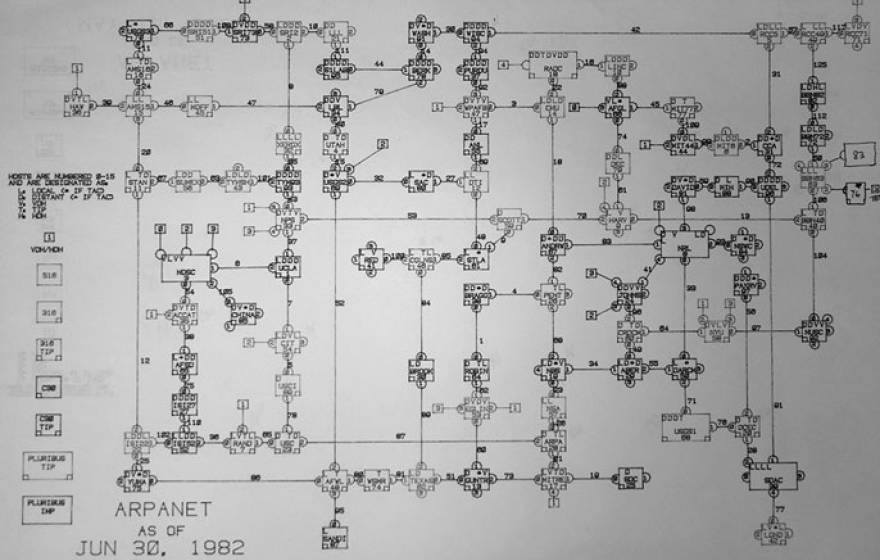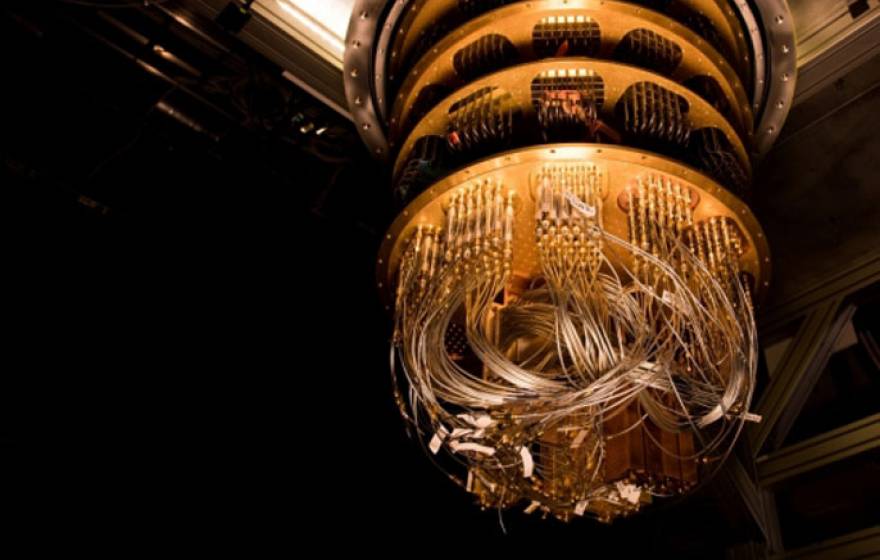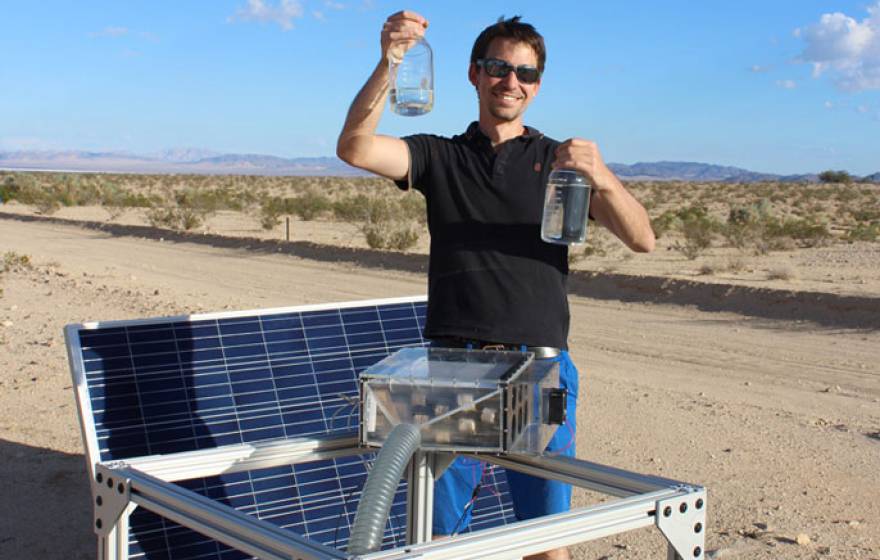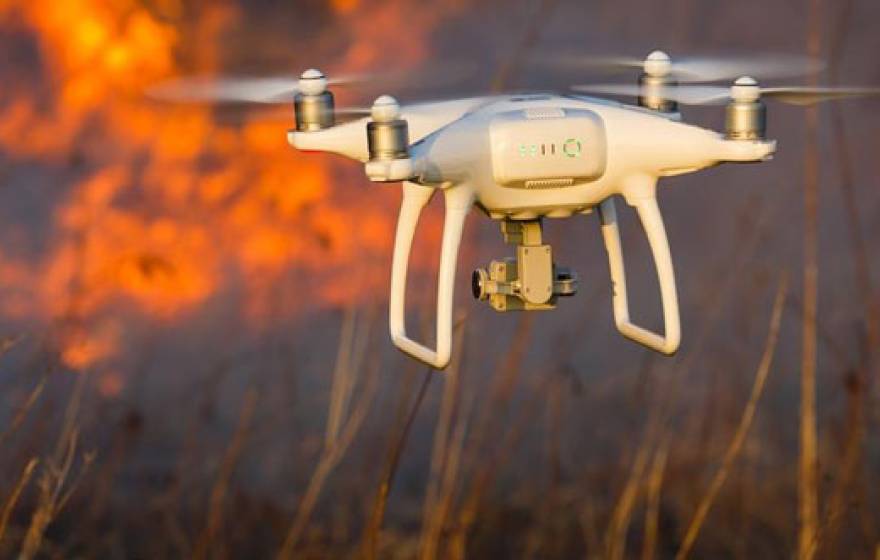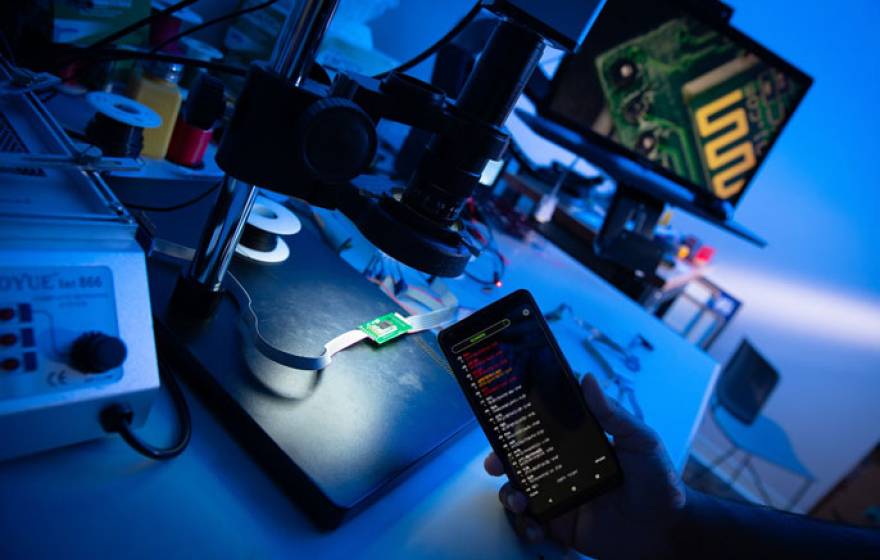Five UC startups will have the opportunity to pitch their companies to more than 900 business leaders and could win $10 million in funding.
Finalists announced for 2020 UC Startup Pitch Showcase
Putting gene therapy in reach
A disruptive new technology could bring cellular engineering and its lifesaving potential to more people.
Shedding a new light on Egyptian mummies
Berkeley Lab teams work with Cairo University researchers to study soil and bone samples dating back 4,000 years.
California’s working landscape generates $333 billion in sales, 1.5 million jobs
A new analysis shows agriculture and natural resources are key to the state's economic vitality.
Body image concerns are universal
A new app helps researchers understand the true extent of our insecurities.
Lo and behold: The internet
On this day 50 years ago, the internet was born.
Is the future alternative meats?
Plant-based and cultivated meats are popping up everywhere — even Burger King. Are they here to stay?
UC Santa Barbara/Google team makes huge computing breakthrough
Researchers solve a problem that would normally take 10,000 years in 200 seconds and achieve ‘quantum supremacy.’
UC students gain new resources, opportunities through expanded entrepreneurship program
The University of California and the Blackstone Charitable Foundation announced today (Sept. 24) the expansion of an exciting program that will equip students with more tools and resources to take their entrepreneurship and innovation to the next level.
Water harvester makes it easy to drink water from thin air
A device that cycles 24/7 to produce enough water from desert air to drink is close to hitting the market.
A search engine tool for first responders
Real-time text, photo and video data could help first responders better allocate resources when disaster strikes.
New app allows inspectors to find gas pump skimmers faster
A new tool will help detect devices that criminals install in gas pumps to steal consumer credit and debit card data.
